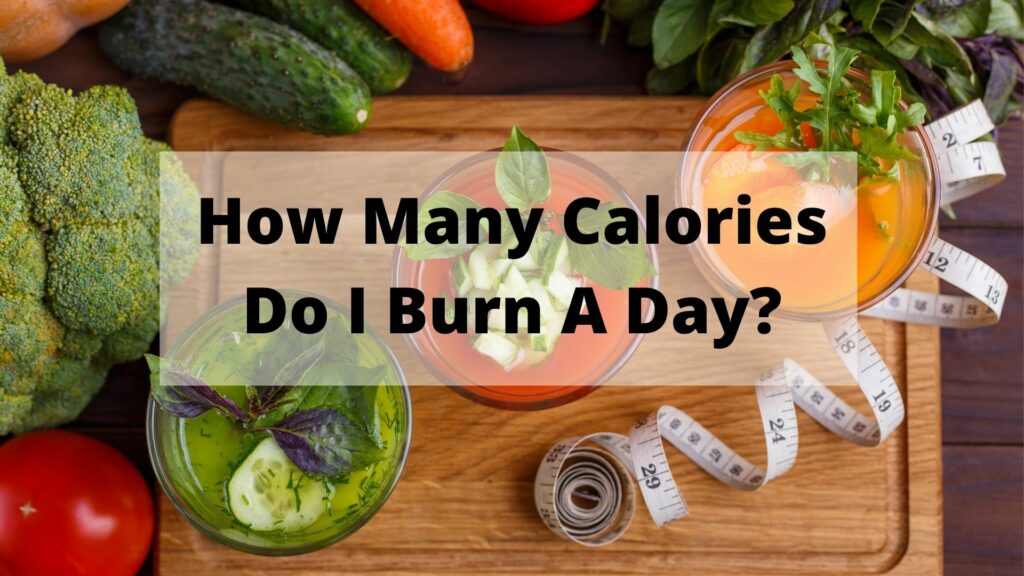There are a lot of people who wonder – How many calories do I burn in a day.
You might even be one of them! This article will answer that question, and also provide you with some additional information about how many calories you need to maintain your weight.
You can find out how much energy is expended by multiplying the number of hours spent on an activity by its MET value (or metabolic equivalent). The more intense or strenuous an activity, the higher its MET value will be. For example, running at 6 miles per hour has a MET value of approximately 8 while bowling has a MET value around 1.5-2. It depends on how vigorously it’s played.
Contents
What are Calories?
Are you trying to lose weight or wondering how many calories are in a slice of pizza? Calories are units that measure how much energy your body gets from food. Your metabolism burns the carbohydrates, proteins, and fats you eat to release this energy so it can be in use by your cells for things like breathing, thinking, moving around, digesting food, and even making more cells. If you eat too many calories from foods that are not healthy for your body then those extra calories will be stored as fat in your body.
High protein diets can help with weight loss because proteins take a lot of energy to digest so the food you ate won’t turn into as much fat. Eating fewer carbohydrates and more protein can also help you lose weight.
Diabetes and Calories
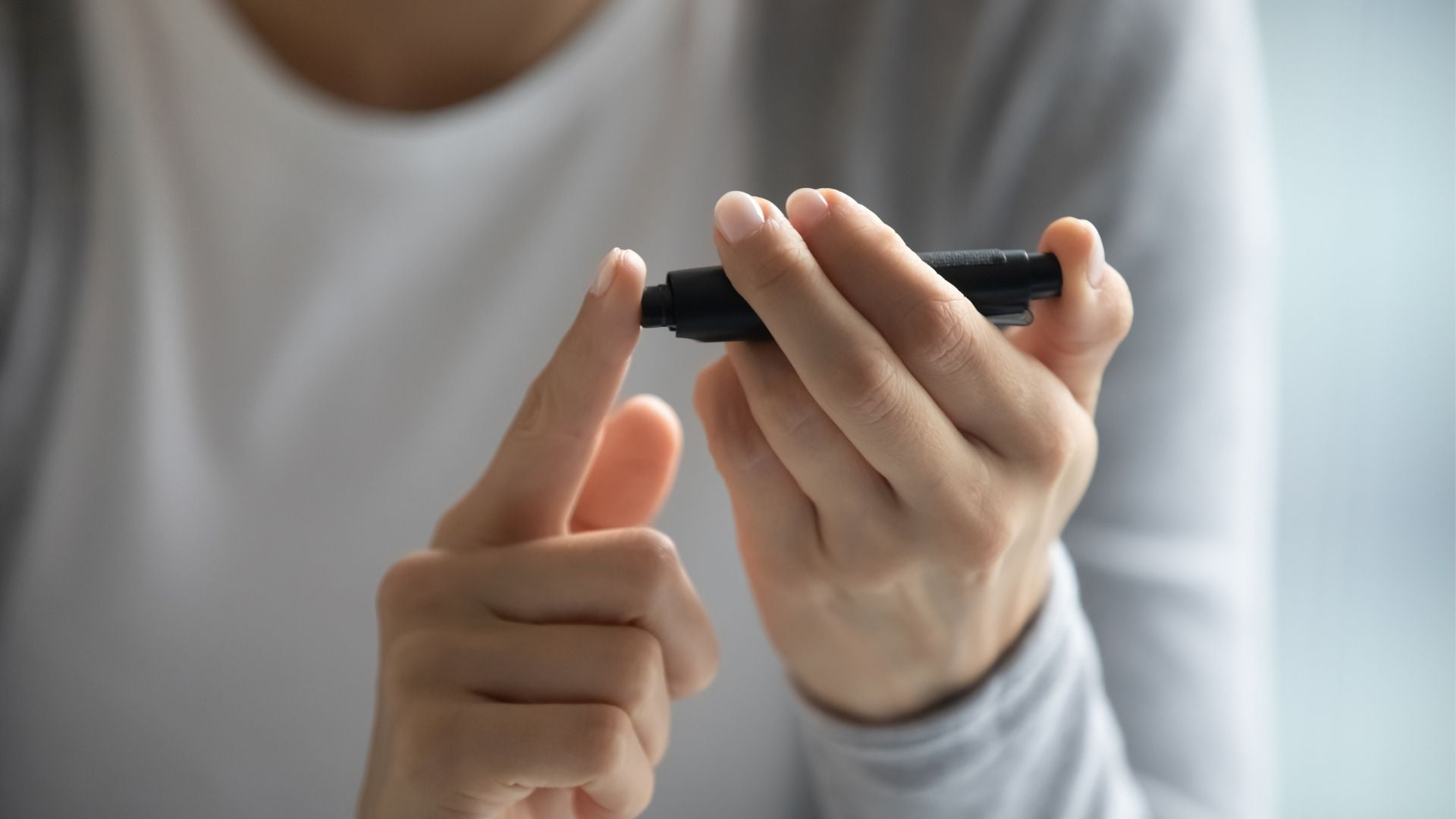
Don’t give up hope if you have diabetes and are overweight. To better manage your diabetes and improve your health, you don’t need to be model thin or fit into skinny jeans. Any amount of weight loss can reduce blood sugar levels, raise blood pressure and blood lipids, and make insulin usage easier for your body.
Losing weight is not difficult; you can do it by making minor changes in what and how much you consume, as well as getting exercise most days. You may expect to lose 1-2 pounds each week if this method works for you. In 7-10 weeks, 10 pounds might be removed from your overall body weight. Losing weight will reduce your risk of diabetes, high blood pressure, and heart disease.
Perhaps you’re saying to yourself, “I’ve tried this before and never got anywhere.” The key is to think in terms of tiny phases. You’re not aiming to lose 50 pounds total; rather, a few pounds will suffice.
The number of calories burned is the key to weight loss. You’ll lose weight if you burn more calories than you consume each day.
You must burn three thousand five hundred more calories than you consume to lose one pound of fat. Keep a 500-calorie daily deficit in mind throughout the week, and at the end of it, you’ll have 1 pound less fat on your body.
Unfortunately, the 3,500-calorie equation may be true for some people in very broad strokes. “A pound of body fat indeed contains approximately 3,500 calories, but a 500-calorie calorie deficit does not always equal a pound of lost fat,” says Gary Foster, Ph.D., chief science officer of WW.
But before starting your journey for weight loss ask yourself this question –
Why do I Want to Lose Weight, and Why Now
It’s not enough to hear that you should lose weight from your doctor. It must be something you desire for yourself. Consider why it’s essential to you. This will assist you in staying on track during times of low motivation or high temptation. What motivates you to lose weight?
- Do you want to be able to keep up with your children as they become older and more active?
- Is there a charity walk or run you’ve always wanted to join but haven’t gotten around to doing so?
- Are you weary of feeling tired?
- Do you want to have more control over your diabetes?
- Are you going on a long vacation and want to be in excellent condition so that you can fully enjoy it?
- Do you wish to reduce your risk of heart disease and other health problems?
Whatever your reasons, make a list and post it on the fridge or somewhere you’ll see it. The list will serve as a daily reminder of why you’re attempting to lose weight.
How Many Calories do I Burn a Day?
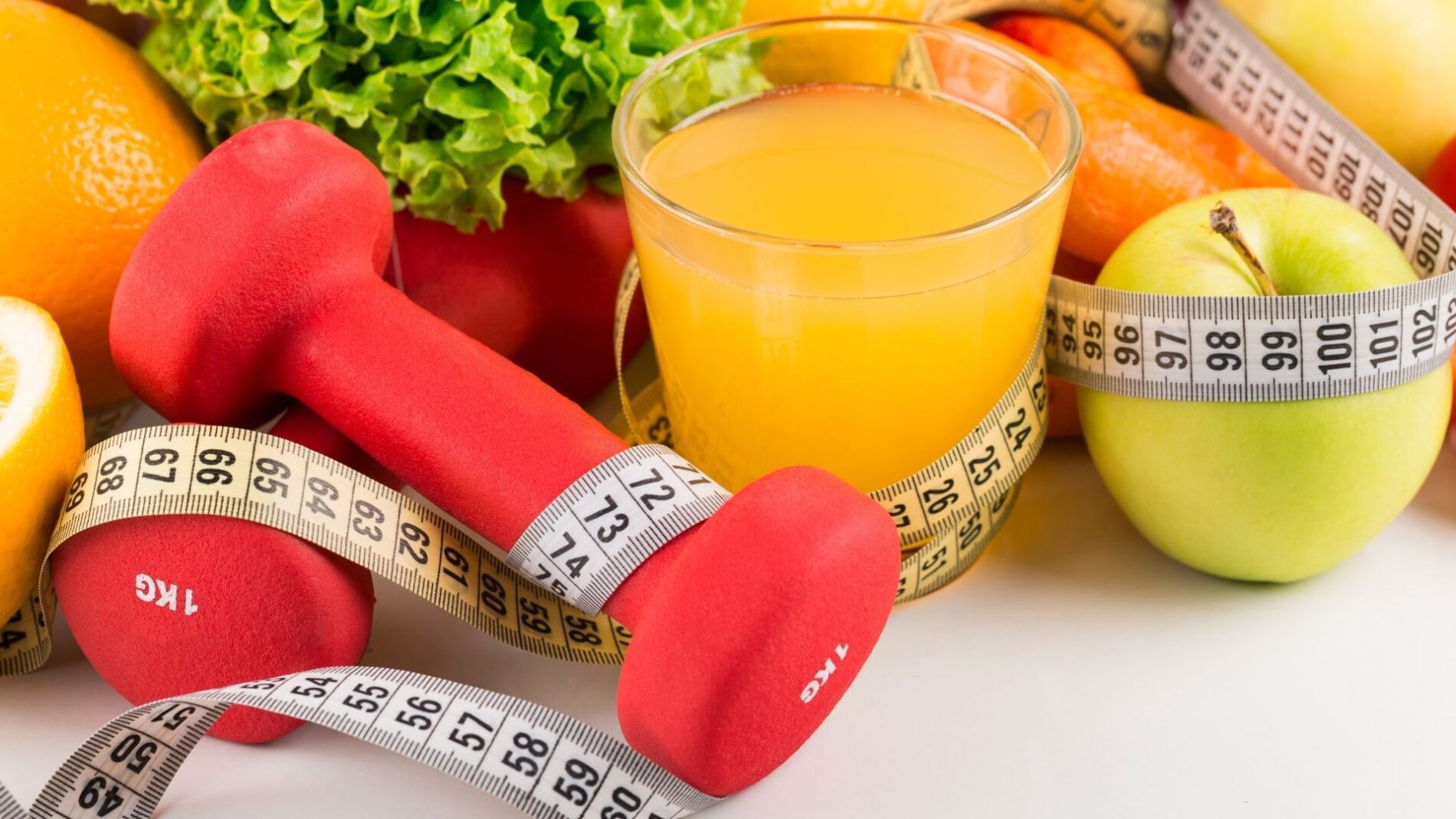
The average person burns about 2000-3000 calories per day depending on how active they are during the day. The more you exercise the more energy (calories) you will need for your body to function properly.
If you want to how many calories does my body burns every day then the number of calories burned each day depends on how much and how active your body is throughout a normal day. Different activities and exercises will impact how many calories are burned. For example, you could burn more calories how much walking around how many working out in a gym doing high-intensity exercises like running on the treadmill or biking quickly for at least 20 minutes.
Measure How Many Calories Do I Burn a Day?
Different ways can help us track how many calories we eat and how our bodies burn them throughout the day.
The most common way of how many calories do I burn a day is to use an activity monitor or fitness tracker. These devices measure how active we are and how much energy needs compared to how much energy our bodies get from food.
In other words, it helps us how many calories does my body burns every day.
Some of these devices also monitor how well we sleep, how many steps do I take to walk around and how active are my daily habits like how much water I drink or the number of times one stands up during work.
They can help us set goals for how many calories does my body burns a day if they have a calorie goal feature that is how many calories do I burn a day.
It’s important to note how many calories does my body burn in one day, also depends on how old you are and your weight.
There are some general numbers for how many calories does my body enjoys by pound per week or how much energy needs by the pound per day.
How Many Calories Should You Eat on Average?
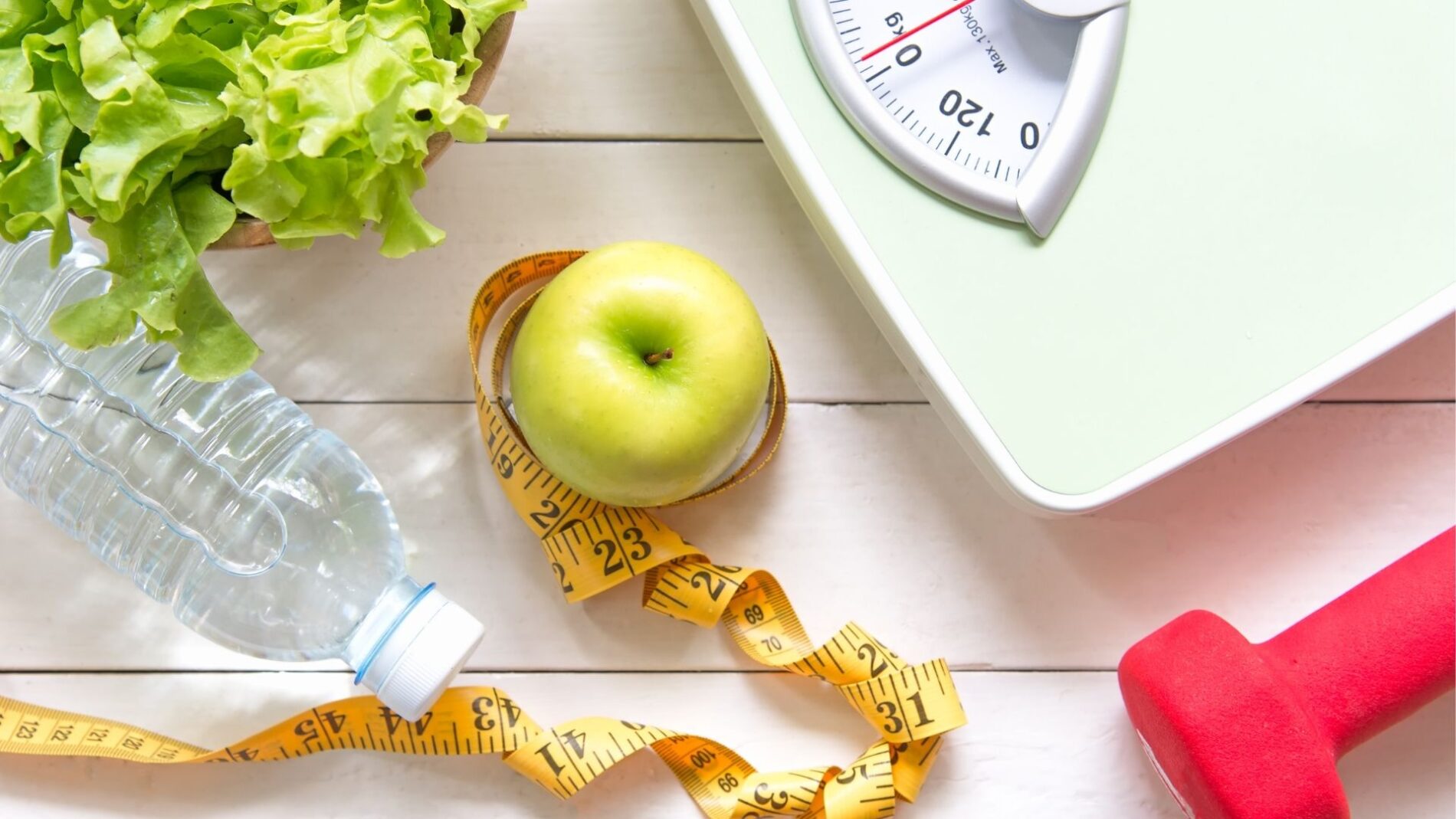
The answer to this issue is complicated, depending on a variety of criteria such as your age, height, present weight, level of activity, and metabolic health.
A safe and effective strategy to reduce weight is to consume 500 fewer calories than your body requires to maintain your present weight. This will cause you to shed roughly 1 pound (0.45 kg) of body weight each week.
Below are average calorie ranges that consider these factors
Women
To maintain her weight and lose 1 pound (0.45 kg) of weight per week, the average, moderately active woman between the ages of 26 and 50 needs to eat about 2,000 calories each day.
To maintain their weight and at least 1,700 calories to lose 1 pound (0.45 kg) of weight per week, active women who walk more than 3 miles each day will need to eat 2,200 calories or more every day.
According to the American College of Sports Medicine, women in their early twenties require more calories than men do. To maintain their weight, young women in their early twenties need around 2,200 calories each day.
Women over the age of 50 require less energy than those who are younger. To maintain their weight, moderately active women over the age of 50 need about 1,800 calories every day, whereas to lose 1 pound (0.45 kg) per week, they require around 1,300 calories each day.
In the United States, the average person requires about 2,000 calories per day. The recommended intake for a healthy female is 2,300 calories each day. However, these requirements may exceed in women who are pregnant or breastfeeding since they have significantly higher energy needs.
Men
To maintain his weight and lose 1 pound (0.45 kg) each week, the average moderately active guy between the ages of 26 and 45 requires 2,600 calories every day.
Men who walk more than 3 miles each day need 2,800–3,000 calories per day to maintain their weight and 2,300–2,500 calories per day to lose 1 pound (0.45 kg) of weight every week.
Young men in their early to mid-twenties have higher energy requirements. To maintain weight, they require an average of 2,800 calories each day, but if they are active, that number might rise to 3,000 calories per day. Moderately active young males should consume 2,300–2,500 calories each day to lose about one pound (0.45 kg) per week
Men over the age of 50 require less energy than younger men. To maintain their weight, moderately active men in this category need around 2550 calories each day, whereas to lose at least one pound (0.45 kg), they should consume an average of 1800–2000 calories every 24
Children
Children’s calorie requirements vary considerably based on their age, height, and level of activity.
The daily calorie requirement for a toddler is between 1,200 and 1,400 calories per day, whereas that for a moderately active teenager is between 2,000 and 2,800 calories each day. Active teenage males require even more calories.
Children who are growing and developing appropriately, participate in regular exercise, and have normal energy needs don’t usually need to keep track of calories. Most moderately active youngsters naturally consume the amount of food their bodies require when they’re given a variety of healthy alternatives to select from.
How to Reduce Calorie Intake
Calories are a measurement of energy. To acquire weight, you must eat more calories than you burn. In the opposite case, if you use more calories than you consume, you will lose weight.
However, reducing calories without first determining which foods to eat is rarely a long-term strategy to reduce weight. Choosing more nutritious meals, for example, will benefit your health far more than choosing nutrient-poor ones.
Although it may help some individuals, most end up hungry and eventually revert to their old eating habits. As a result, making a few additional permanent adjustments is highly advised to maintain a calorie deficit long term without feeling hungry.
The following evidence-based eating and lifestyle modifications have been found to aid in weight reduction.
1. Eat More Protein
Protein is the king of nutrients when it comes to weight loss. Protein may help you lose weight without putting in too much effort. Proteins have been shown to both boost your metabolic rate and reduce your appetite.
A high-protein diet can boost the number of calories you burn by 80–100 each day by increasing your metabolism.
Protein helps you feel fuller longer and may help you consume less food throughout the day. According to one older research, individuals who consumed 30% of their calories from protein ate 441 fewer calories each day.
In other words, simply by eating more protein, you can increase the number of calories you burn and reduce the number of calories you consume. Protein may also assist with hunger.
In one 2011 research, consuming 25% of daily calories from protein decreased obsessive food thoughts by 60% and late-night snack cravings by 50%.
If you want to lose weight sustainably and with minimal effort, consider increasing your protein intake.
You can get more protein from lean meats, fish and seafood, eggs, milk and dairy products such as yogurt or cheese, beans, and peas (legumes), soy foods such as tofu or tempeh.
It may not only help you lose weight but also prevent or reduce weight regain
2. Avoid Sugary Soft Drinks and Fruit Juices
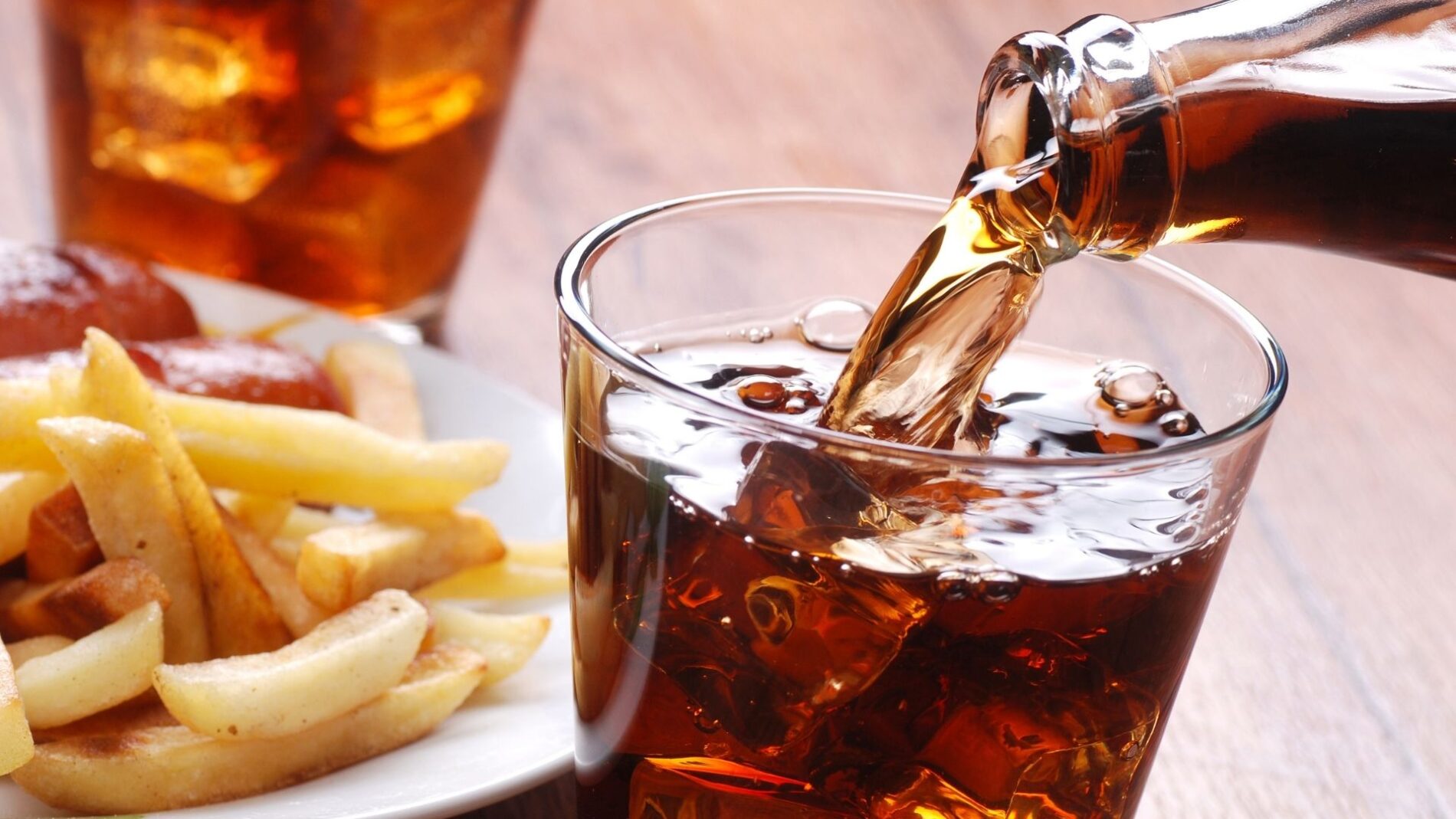
Another simple adjustment you may make is to cut liquid sugar calories from your diet. This includes sodas, fruit juices, chocolate milk, and other drinks with added sugar. The brain does not recognize liquid calories in the same way it understands solid calories.
Because of this, drinking sugary soda does not cause your brain to automatically compensate by making you eat smaller amounts of other things.
Sugary drinks, according to studies, are strongly linked to an increased risk of obesity, with one trial in youngsters revealing a 60 percent higher chance of becoming obese for each daily serving.
Sugar has more detrimental effects than simply adding weight. It may harm metabolic health and raise the likelihood of numerous maladies.
Eating fruit, which includes fiber and other vital components, isn’t in link to the same negative impacts as drinking fruit juice or other sweetened beverages. Eating a lot of added sugar and sugary beverages, on the other hand, can have a variety of negative health effects.
There is no physiological need for these drinks, and the long-term advantages of abstaining from them may be significant.
3. Drink More Water
It’s rather simple to boost weight reduction by drinking more water. Drinking water has been shown in studies to help you burn additional calories for up to 90 minutes.
The time you drink water may make a difference, too. Drinking water before meals might assist people to feel fuller and eat fewer calories.
Water drinkers lost 44% more weight than those who didn’t drink water, according to one 12-week evaluation.
Drinking more water, especially before meals, appears to be beneficial if you want to lose weight when done in conjunction with a balanced diet and regular exercise.
Caffeinated beverages, such as coffee and green tea, may help boost the metabolism in the short term. This is due to loss of weight and maintenance of weight reduction.
4. Exercise and Lift Weights

When you eat fewer calories, your body makes up for it by conserving energy, resulting in you burning fewer calories. This is why long-term calorie reduction can seriously hamper your metabolism. Furthermore, this might cause you to lose muscle mass. Muscle is metabolically active and so may reduce your metabolism even further.
The only strategy to avoid this consequence is to use your muscles by lifting weights. This has been repeatedly demonstrated to prevent muscle loss and slow down the metabolism during prolonged calorie restriction. It’s critical to maintain or develop your muscles while attempting to lose weight.
If you can’t go to the gym, do bodyweight exercises at home, such as pushups, squats, and situps.
Cardiovascular exercise, such as walking, swimming, or jogging, can be beneficial for more than weight reduction; it may help you optimize your health and overall well-being. Furthermore, exercise has a variety of additional benefits that go beyond weight reduction, including a longer life span and greater energy levels, reduced risk of disease, and feeling better every day.
5. Reduce Your Refined Carb Intake
Cutting carbs is a highly successful strategy to reduce weight. It lowers hunger and causes you to eat fewer calories. According to studies, following a low-carb diet until satisfaction can help you lose up to two to three times more weight than a calorie-restricted, low-fat diet.
Low-carb diets, on the other hand, offer a slew of health advantages beyond weight loss. These include a reduction in risk for type 2 diabetes and metabolic syndrome.
You don’t have to cut carbs entirely, though. Simply make sure you eat high-quality, fiber-rich carb sources, such as whole, single-ingredient meals. If you stick to real foods, the details of your diet are less significant.
How to Count Calories
It was originally developed in the early 20th century. It was then updated in 1984 and 1990 to aid with its precision. The Harris-Benedict equation is a straightforward procedure for determining a person’s BMR x AADL.
BMR is the number of calories a person consumes through normal daily activities. BMR varies depending on age, sex, size, and genetics. The following equations may be in use to calculate BMR:
- For men: 66 + (6.2 x weight) + (12.7 x height) – (6.76 x age)
- For women: 655.1 + (4.35 x weight) + (4.7 x height) – (4.7 x age)
The person’s average daily activity is in use to multiply against the BMR calculation’s outcomes. Points are given based on a person’s level of activity. Here are the following levels of activity:
- 1.2 points for a person who does little to no exercise
- 1.37 points for a slightly active person who does light exercise 1–3 days a week
- 1.55 points for a moderately active person who performs moderate exercise 3–5 days a week
- 1.725 points for a very active person who exercises hard 6–7 days a week
- 1.9 points for an extra active person who either has a physically demanding job or has a particularly challenging exercise routine
The BMR and the activities points are multiplied when the total is calculated. The number of calories burned on a typical day is the sum of both scores.
A Word from Mantra Care
The calories burned in a day depend on many factors. If you are sedentary, the number is lower than if you are active. It also depends on your weight and height as well as how much muscle or fat tissue you have. A more accurate way to measure the amount of energy used is by measuring oxygen consumption. This can be done with an exercise machine that determines caloric expenditure based on heart rate monitoring. While exercising for 20-30 minutes per session at a moderate intensity level (around 60% of max heart rate). This method will give a good estimate of what your daily caloric needs might be. It may help establish goals for calorie intake. This type of measurement should take place over several days before calculating averages to get better results!
If you are facing diabetes-related issues, MantraCare is here to help. Book your free trial online diabetes consultation session now to connect with a specialist diabetologist.
